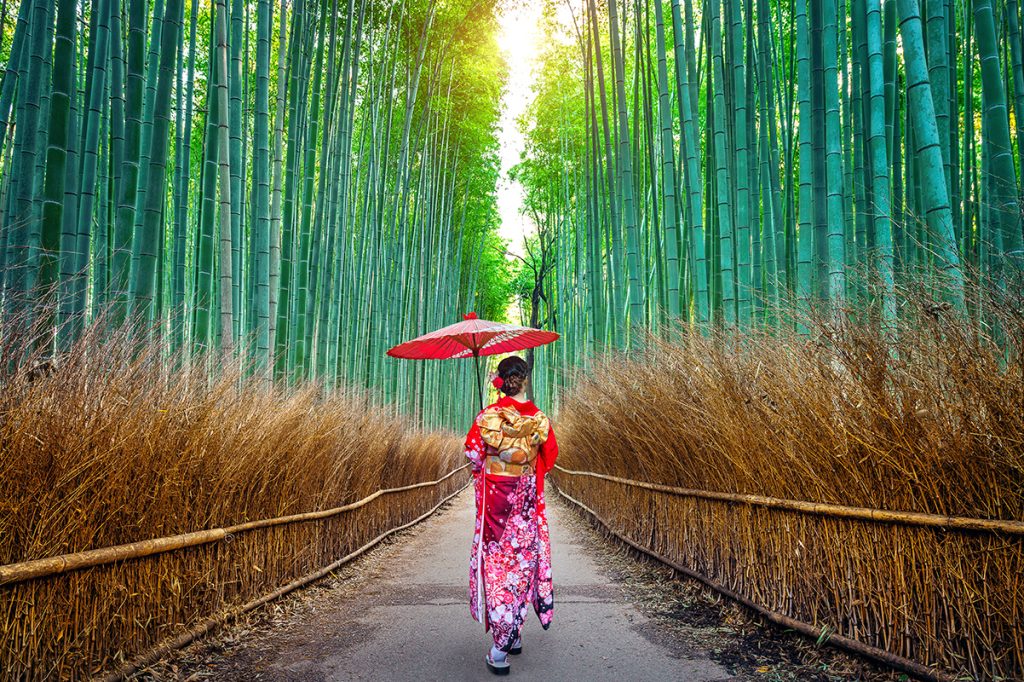7 Inspiring Japanese concepts that can enhance your life
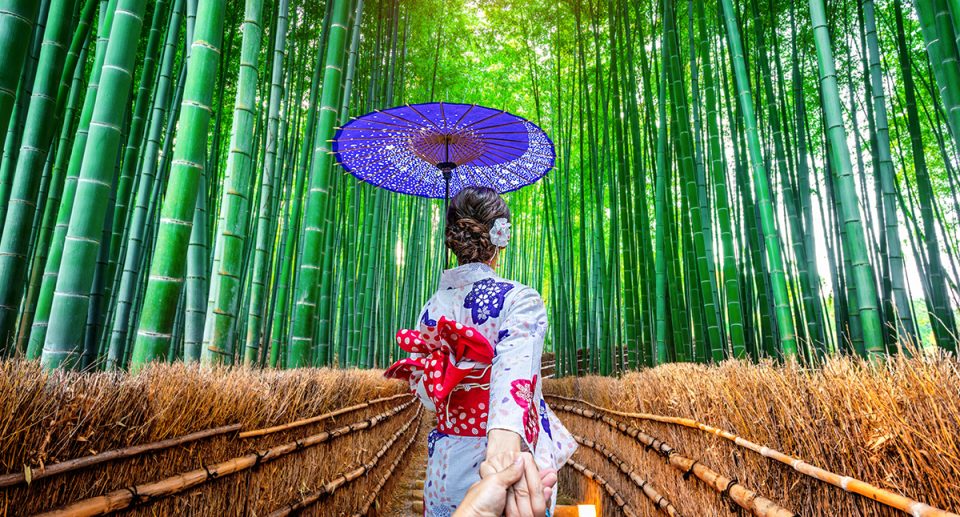
Having grown up in the 1980s, like many others, we had a genuine affection for ‘The Karate Kid’ movie. Besides instilling in us the desire to perform crane-kicks, the film also sparked an initial interest in Japanese culture.
Over the years, our appreciation for Japanese culture has deepened, and it continues to hold significance in our lives today. One remarkable aspect of Japanese culture, akin to the ancient Greeks, is their ability to encapsulate complex ideas or concepts into a single word or phrase.
These expressions often serve as powerful reminders for living a fulfilling life. As time passed, we collected several of these Japanese practices and integrated them into our own lives. Now, we’d like to share seven of our favorite Japanese concepts that have the potential to enrich everyone’s life.

Kaizen: Embracing constant growth
Kaizen, a Japanese term signifying continuous improvement, revolves around the concept of making small, incremental changes over time to enhance one’s life and accomplish goals. The Japanese firmly believe that even these minor, consistent adjustments can accumulate into significant compound interest.
We have delved into the history and practical application of kaizen in great detail in one of our most popular articles. The essence of it lies in striving to improve by just 1% each day. By consistently making these gradual enhancements over months, years, and even decades, we can achieve remarkable feats and create a lasting impact on our lives.
Ikigai: Discovering meaning and purpose
The Japanese term ‘Ikigai’ embodies the notion of finding a reason for being. It revolves around the idea of uncovering one’s purpose in life and harmonizing it with one’s passions, abilities, and principles. The Japanese strongly believe that identifying and pursuing your Ikigai is the fundamental path to a fulfilling and contented existence.
Ikigai shares similarities with the Hindu concept of ‘dharma’, as well as Nietzsche’s idea of ‘becoming who you are’.
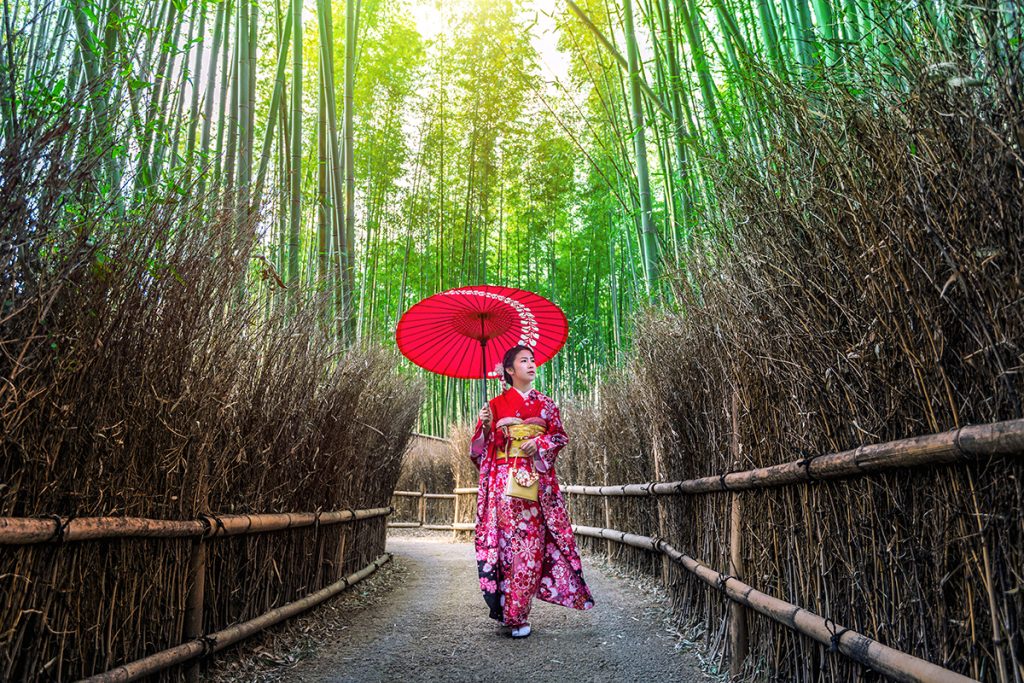
Oubaitori: Embracing individuality
The term ‘oubaitori’ is composed of characters representing four different trees that bloom in Japan during spring: cherry, apricot, peach, and plum. Each tree blossoms in its unique way and at its own pace, displaying distinct flowers and fruits. From this beautiful arboreal imagery, the concept of oubaitori emerges—a reminder to avoid the habit of comparing oneself to others and to instead embrace the journey and timeline that is uniquely one’s own.
Drawing inspiration from Theodore Roosevelt, who also appreciated Japanese culture, his famous quote “Comparison is the thief of joy” rings true. Many individuals have noticed that we often feel disheartened when we start measuring our success against that of others. In those moments, we do remind ourself to practice oubaitori. This word serves as a trigger to shift my focus away from others and back to our own path, celebrating and cherishing our individuality.
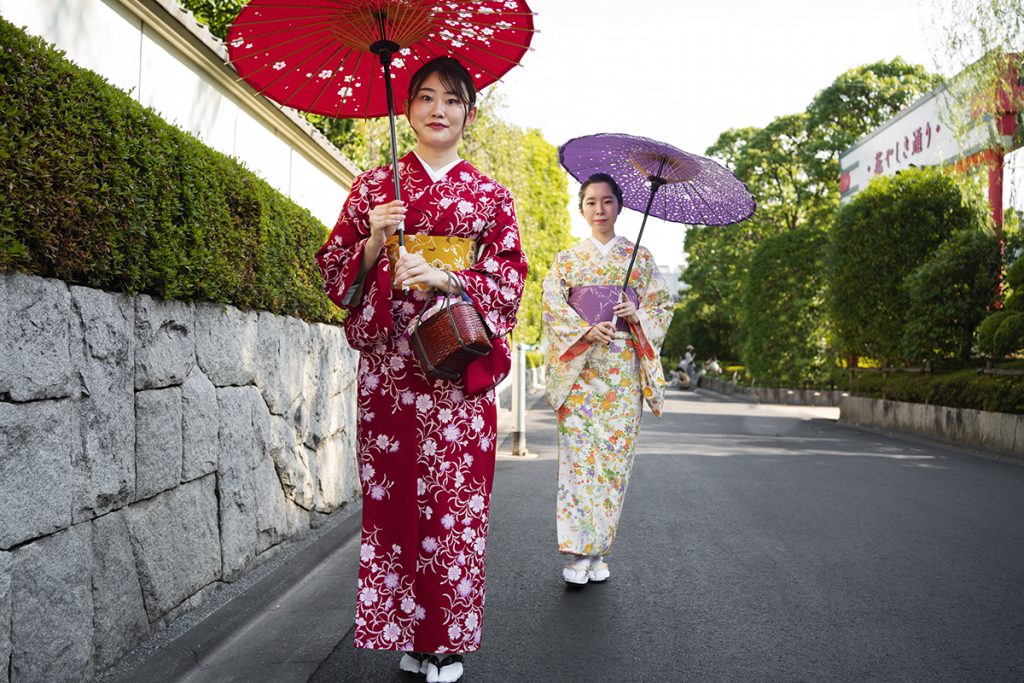
Wabi-sabi: Embracing the beauty of imperfection
Wabi-sabi, a Japanese philosophy, celebrates imperfection and impermanence. As artist Leonard Koren aptly described it, wabi-sabi is about finding beauty in things that are imperfect, transient, and incomplete. It encompasses the idea that flaws do not diminish the value of something.
Although wabi-sabi is commonly associated with objects like pottery, its essence extends to various aspects of life, including projects and even our own selves. While striving for excellence and perfection can be admirable, there comes a point where this pursuit can hinder progress.
We can think of the writer who never submits a manuscript because they endlessly tweak their edits, the aspiring entrepreneur who continuously refines their business plan without taking action, or the individual paralyzed by anxiety over every mistake they make.
At such moments, it is essential to remind ourselves that we must embrace imperfection as an inherent part of art, striving, and the human experience itself. Embracing wabi-sabi allows us to move forward with our lives, recognizing that imperfections are a natural and beautiful aspect of our journey.
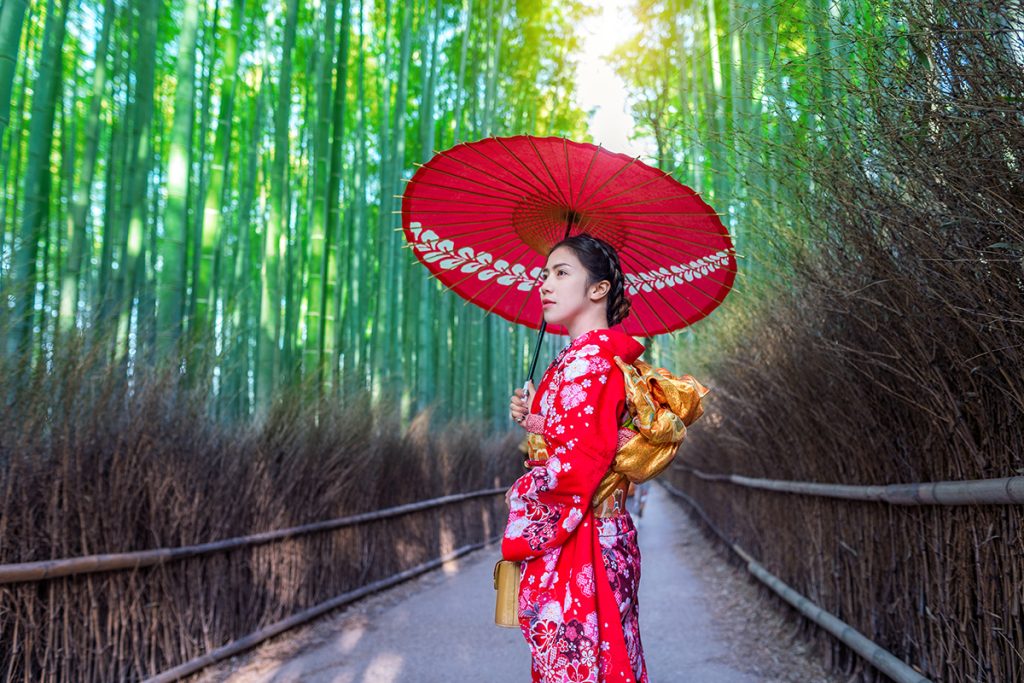
Hara hachi bu: Eating until you’re approximately 80% full
Hara hachi bu, a Japanese adage, encourages eating until you’re approximately 80% full. Originating from Okinawa, known for being Mr. Miyagi’s home, this concept serves as a guiding principle to avoid overeating and its negative consequences.
Many of our dietary and obesity-related issues could find resolution if people approached eating with greater intuition and mindfulness. By slowing down and relishing their food, focusing solely on the act of eating (rather than multitasking with phone-scrolling or TV-watching), and heeding their body’s signals to stop when sufficiently satisfied—prior to feeling stuffed—people could find a healthier and more balanced relationship with food.
Shikata ga nai: Embracing what cannot be changed
Shikata ga nai, a Japanese concept meaning ‘it cannot be helped’, revolves around accepting the aspects of life that are beyond our control and releasing our attachment to them.
This philosophy aligns with Stoic principles. Many of our frustrations in life stem from the disparity between our expectations and reality. We often wish things were different from what they are. Shikata ga nai serves as a gentle reminder to acknowledge and embrace situations as they are, enabling us to move forward.
By recognizing the limitations of what we can control, we release ourselves from unnecessary angst and frustration. Moreover, it allows us to concentrate our efforts on areas where we can effect positive change and work towards improvement.
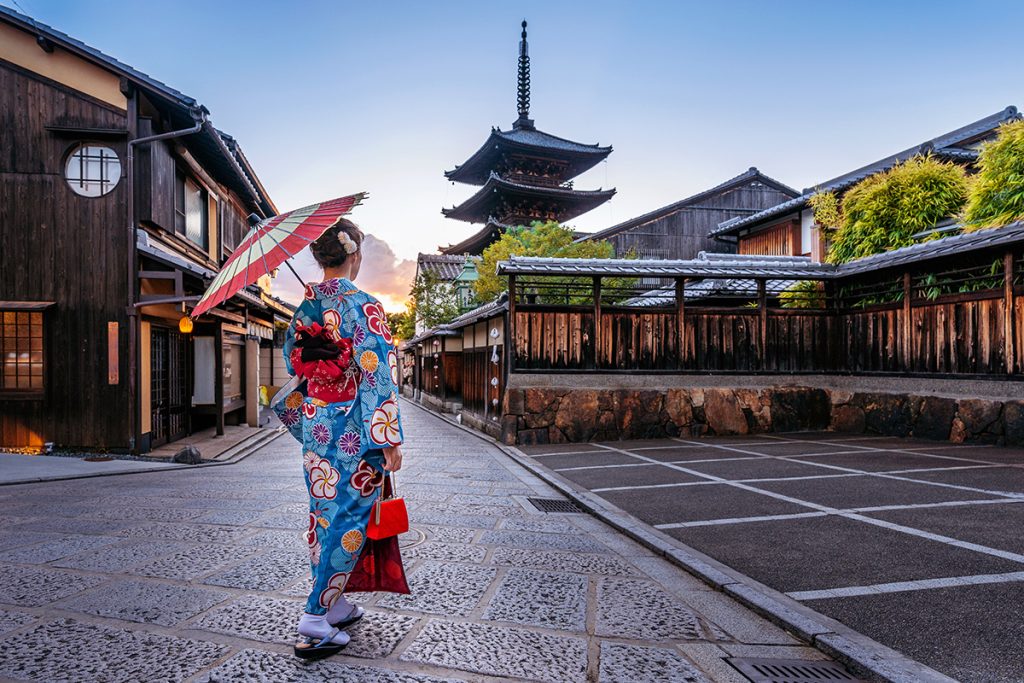
Shinrin-yoku: Immersing in Forest Bathing
Shinrin-yoku, the renowned ancient Japanese tradition, is commonly known as forest bathing. This practice involves absorbing the forest ambiance to reap the numerous physical, mental, and spiritual benefits that spending time in nature can provide.
Forest bathing doesn’t entail merely trekking through the woods with the sole purpose of achieving a certain mileage on a hike. Instead, it centers on experiencing nature with all your senses. It’s about fully engaging with your surroundings—feeling the gentle cushion of pine needles beneath your feet, observing how sunlight gently filters through the tree branches, and listening to the soothing sound of a gurgling brook flowing alongside the trail. The essence of shinrin-yoku lies in genuinely immersing yourself in the natural world, allowing its calming influence to wash over you.
Nature, in any form, possesses the power to heal both the body and soul, but its restorative effect is magnified when experienced in its wildest state. Michael Easter’s 20-5-3 rule for spending time outside resonates deeply with a lot of people:
20 minutes, three times a week, spent in places like city parks or botanical gardens.
Five hours each month, dedicated to exploring semi-wild areas, such as state parks.
Three days each year, immersed in camping, backpacking, or staying in a cabin within the wilderness.
By adhering to these metrics, you can ensure that you receive ample forest baths to cleanse yourself from the spirit-dampening residue of modern civilization. Embracing nature on these varying levels will undoubtedly nurture your well-being and provide a much-needed escape from the demands of urban life.
